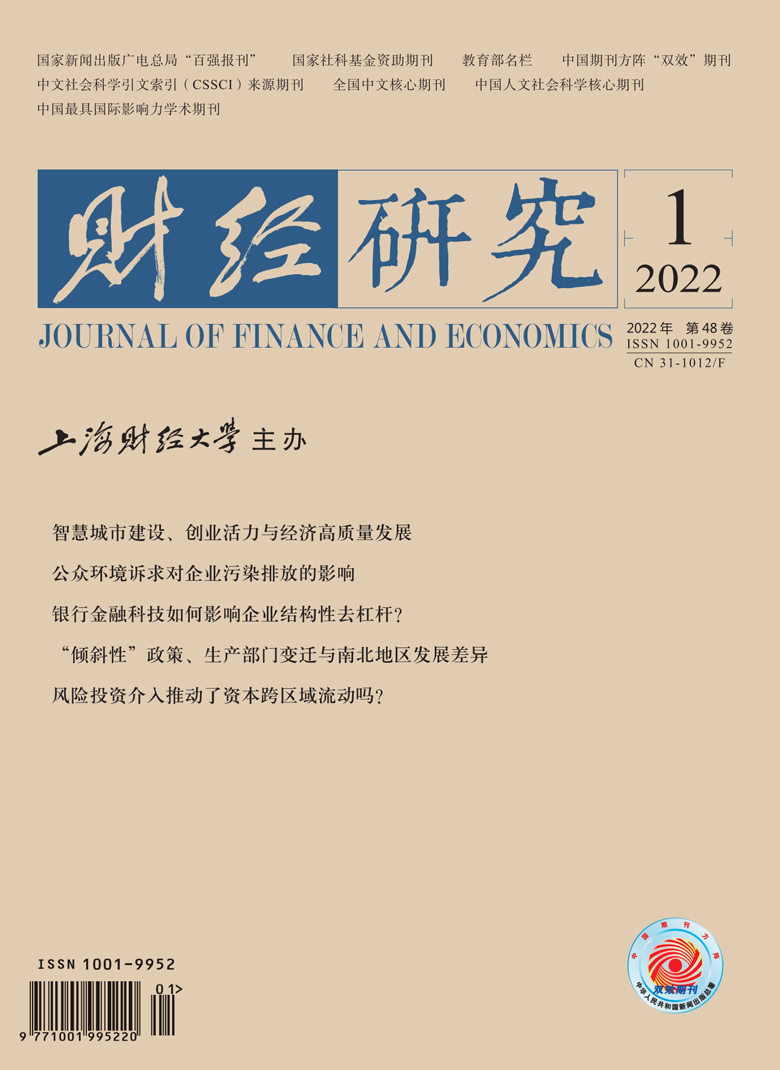In the digital economy, as the most important strategic asset of firms, consumer data have been integrated into the process of economic value. Based on the data, firms can mine consumer preference, and then provide consumers with high-quality and personalized goods. In addition, however, big data-enabled price discrimination against existing consumers becomes more and more common, which has become a key concern in the field of platform economy. On the one hand, firms can use consumer data to set the first-degree price discrimination; on the other hand, firms can use consumer data to improve the quality of goods, which forms the dual value of consumer data. With this in mind, the rationality and effectiveness of the use of consumer data need to be discussed.
In this paper, based on the interest relationship among upstream suppliers, downstream online platforms and consumers, we build a vertical game model to investigate the mechanism between price discrimination and quality improvement caused by the data sharing within a vertical channel, and then to reveal the optimal data sharing strategy and the effect on social welfare. In addition, this paper wants to prove whether revenue-sharing contracts make the vertical supply chain coordination. Compared with the traditional theory on price discrimination in the duopoly framework which states that price discrimination induces firms into the Prisoner’s Dilemma, and then decreases social welfare under certain conditions, we find that the dual value of consumer data may decrease the profits of online platforms, but it increases the profits when using revenue-sharing contracts. Moreover, the dual value of consumer data also increases social welfare. In particular, this study shows that: (1) When only the high-quality channel conducts the strategy of data sharing, data sharing is profitable only if the quality difference and consumer preference costs are low. (2) When only the low-quality channel conducts the strategy of data sharing, data sharing always increases the profits of upstream suppliers and downstream online platforms. (3) The dual value characteristic of consumer data makes it possible to improve social welfare no matter in single-channel data sharing or dual-channel data sharing. Moreover, the best for social welfare is dual-channel data sharing simultaneously. (4) The relationship between upstream suppliers and downstream online platforms can be coordinated when using revenue-sharing contracts.
The marginal contribution of this paper may be reflected in the following aspects: First, it deepens the analysis of the first-degree price discrimination based on consumer data. Second, it explores the internal relationship between quality innovation and price discrimination. Third, it analyzes the strategy of data sharing in the vertical structure, and then focuses on the effectiveness of revenue-sharing contracts in achieving vertical structure coordination. Fourth, it introduces the vertical quality difference of upstream suppliers.





 6418
6418  9673
9673

